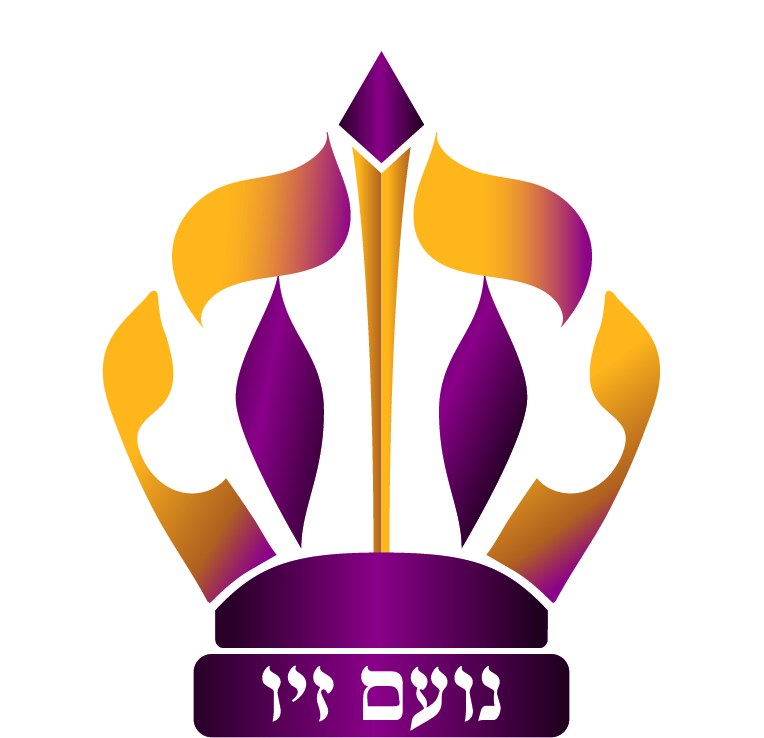FAQS
CURRICULUM
How is this different from other emotional intelligence curriculums?
This is Torah-based SEL (social emotional learning). Unlike other emotional intelligence curriculums which cover different topics (e.g. anger management, bullying), we provide a learning model focusing on the core of the human being, the neshoma, through to the entire human keli and its functioning. We also including environmental factors impacting on growth.
How is this different from teaching middos?
Middos Tovos are character traits such as kindness and consideration. Our curriculum teaches self-knowledge, the understanding of one’s entire keli – the body, mind, heart and neshoma, as well as teaching life skills. Once we are in touch with ourselves, we are then much more able to actually improve our middos.
How does this curriculum satisfy national educational requirements?
It is in the interest of schools to show proof of impact on the pupils’ personal and social growth and development. This is very topical in government circles and Treasure Hunt achieves this goal. In the UK this is called PSHE.
Is this not too advanced for primary school children?
The curriculum was screened by professionals in education, and we have observed children of this age group flourish from these lessons. A formal assessment proved that pupils integrated the lessons well, both in knowledge and application.
How can this be suitable for children across the spectrum of Yiddishe sectors?
The lessons contain fundamental truths which are applicable to all human beings, regardless of age or sector. Depending on each school’s ethos and inclinations, lessons may be doctored/repackaged accordingly. We do have an English and Yiddish version. Pupil resources are available in boy and girl versions. Slides have been made for schools which prefer not to use audiovisuals.
Can the ideas be of value in other classes?
Pupils are encouraged to look out for and live up to the Core Values in all settings. The more the Core Values permeate the school the more a ‘culture of connection’ will be built.
TRAINING
Who teaches Treasure Hunt?
A member of staff or a teacher brought in purely for this subject. All designated teachers receive training. A Treasure Hunt teacher needs to be nurturing, have a high level of emotional intelligence and be passionate about ruchnius growth and emotional wellbeing.
Who joins the training?
In addition to the Treasure Hunt teacher, it is beneficial for the head of the school (or kodesh department) to join, as well as any other potential Treasure Hunt teachers.
How much preparation is there?
Teachers need to read, understand and take ownership of the material, choosing what they would like to give over and how to do it. All resources are ready prepared; although, a teacher may prefer to adapt an activity or use a different idea. The curriculum is not a script; however, we expect all activities and teaching to remain faithful to the themes and objectives.
How does training take place?
In the past, training has taken place in person and more recently via Zoom at certain times in the year. It takes six to eight hours.
